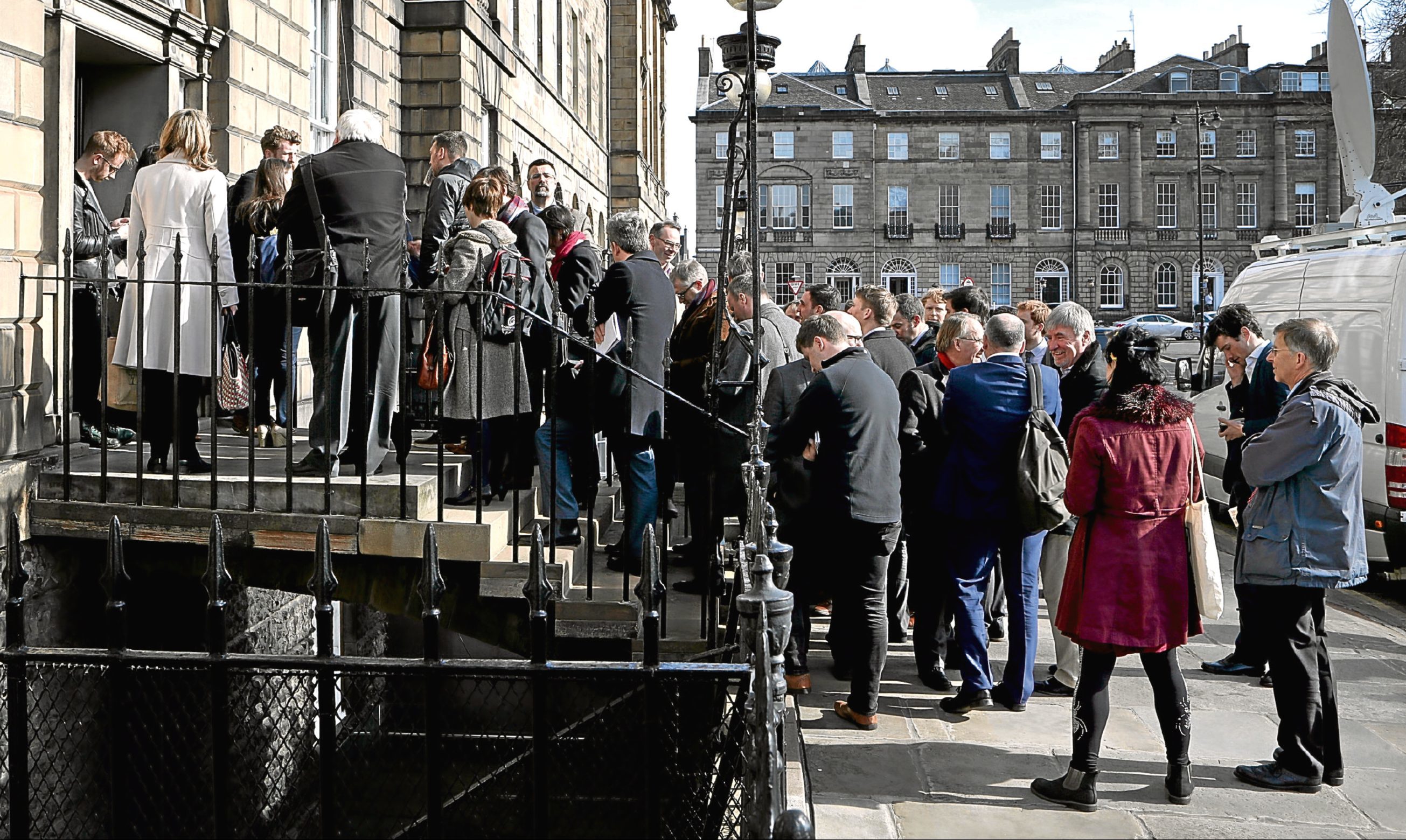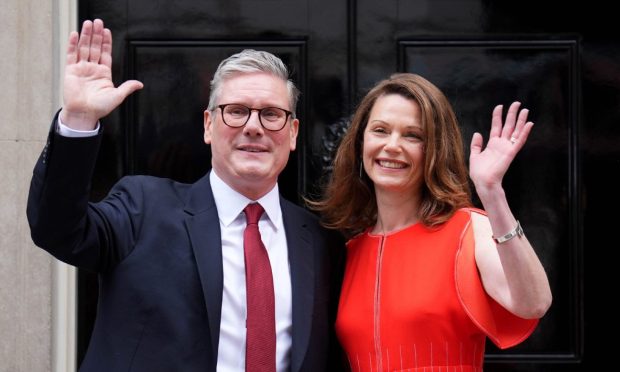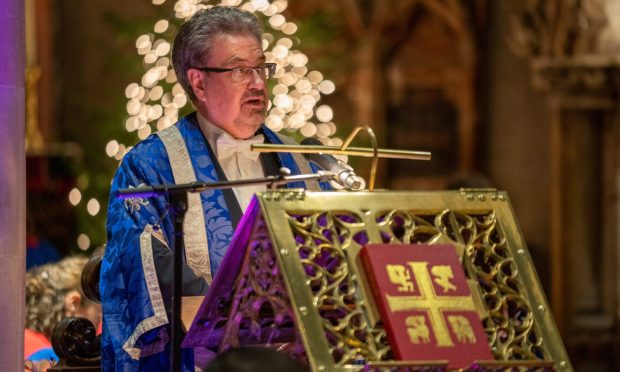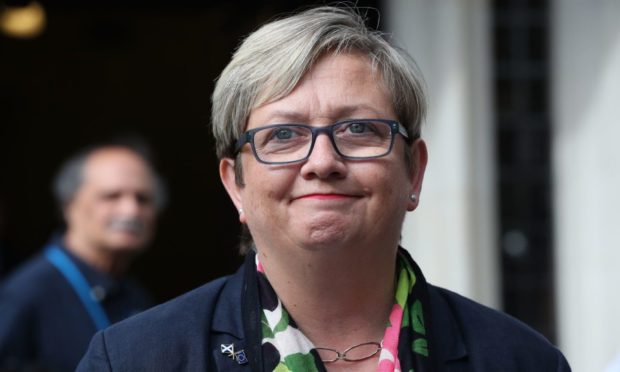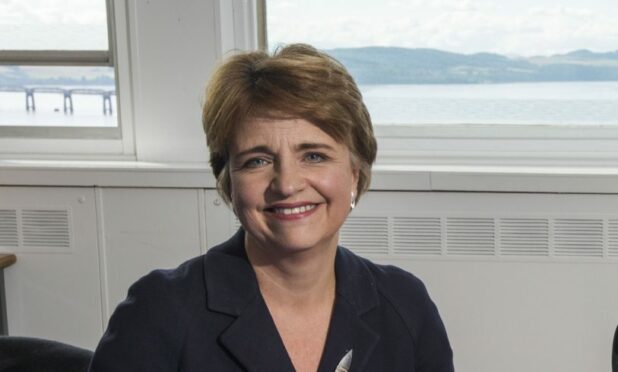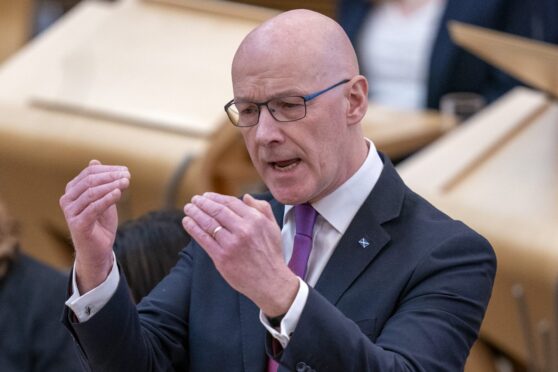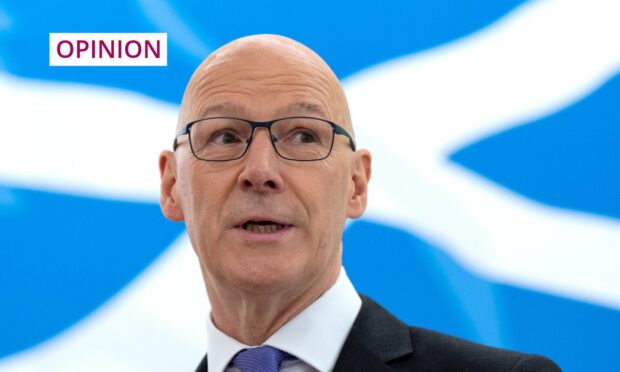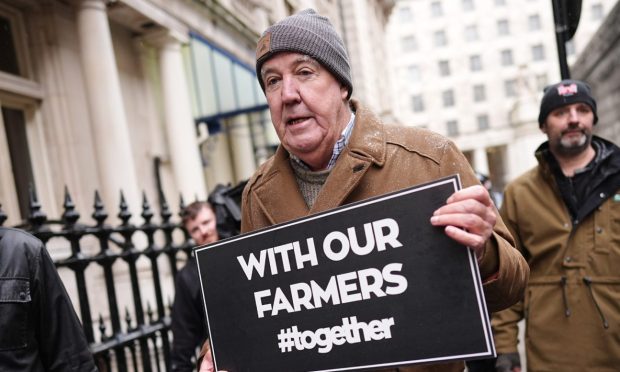A second Scottish independence referendum will have a “material” impact on business, industry leaders have said.
The warning came as a leading economist said the country would have to hike taxes or cut spending and is likely to face political pressure to adopt the euro as the price of EU membership if it leaves the UK.
Paul Johnson, director of the Institute for Fiscal Studies, said public spending was more than £1,000 higher per person in Scotland than in the rest of the UK, despite tax revenue being similar.
He added that the fall in the price of oil had made Scotland’s financial position more difficult since the independence referendum in 2014 while the issue of what currency the country would use, crucial to the last vote, could once again be key.
Mr Johnson said: “It would clearly be more difficult to maintain the pound if the UK was outside the EU and Scotland was inside and the pressure on Scotland politically from the rest of the EU to join the euro would be significant.
“But in the end that would be a political, as much as an economic, choice.”
The Scottish Chambers of Commerce (SCC) said the two referendums and two elections held over the past three years north of the border have contributed to a period of uncertainty which has had an impact upon firms.
It said a further independence referendum would be no different as it called for action to “mitigate the duration of this uncertainty for business”.
SCC chief executive Liz Cameron said: “Scotland has been through two referendums and two major elections over the past three years, and there is no doubt that this period of continual uncertainty has had a material impact upon businesses in Scotland.
“These are real and present business issues that are affecting business decisions and investment.
“A further referendum on Scotland’s independence would be no different and the more that can be done to mitigate the duration of this uncertainty for business, the better.”
The Confederation of British Industry (CBI) said the Scottish and UK governments must work with businesses to ensure the best deal for Scottish firms arises from the EU negotiations.
The Federation of Small Businesses (FSB) said survey work it carried out in 2016 before the Brexit vote revealed little appetite among smaller firms for another independence referendum.
David Watt, executive director of the Institute of Directors in Scotland, said: “Not many in the Scottish business community wanted Brexit, and equally, few want a renewed independence referendum, and the associated continuation of uncertainty which has had such an impact on the ability of businesses to move forward with their plans.”
Rob Aberdein, chairman of the pro-independence Business for Scotland group, welcomed a second referendum and said a so-called hard Brexit “would be extremely damaging” to the country.
He said: “We welcome that the negative implications of Brexit will be outlined, alongside the challenges and opportunities of independence.
“We assume that the UK PM will not agree to a differential deal for Scotland. So this will not be a rerun of the 2014 referendum. Brexit and the UK Government’s refusal to respect the EU referendum result in Scotland means that the UK that Scottish voters narrowly voted to remain part of in 2014 no longer exists.”
